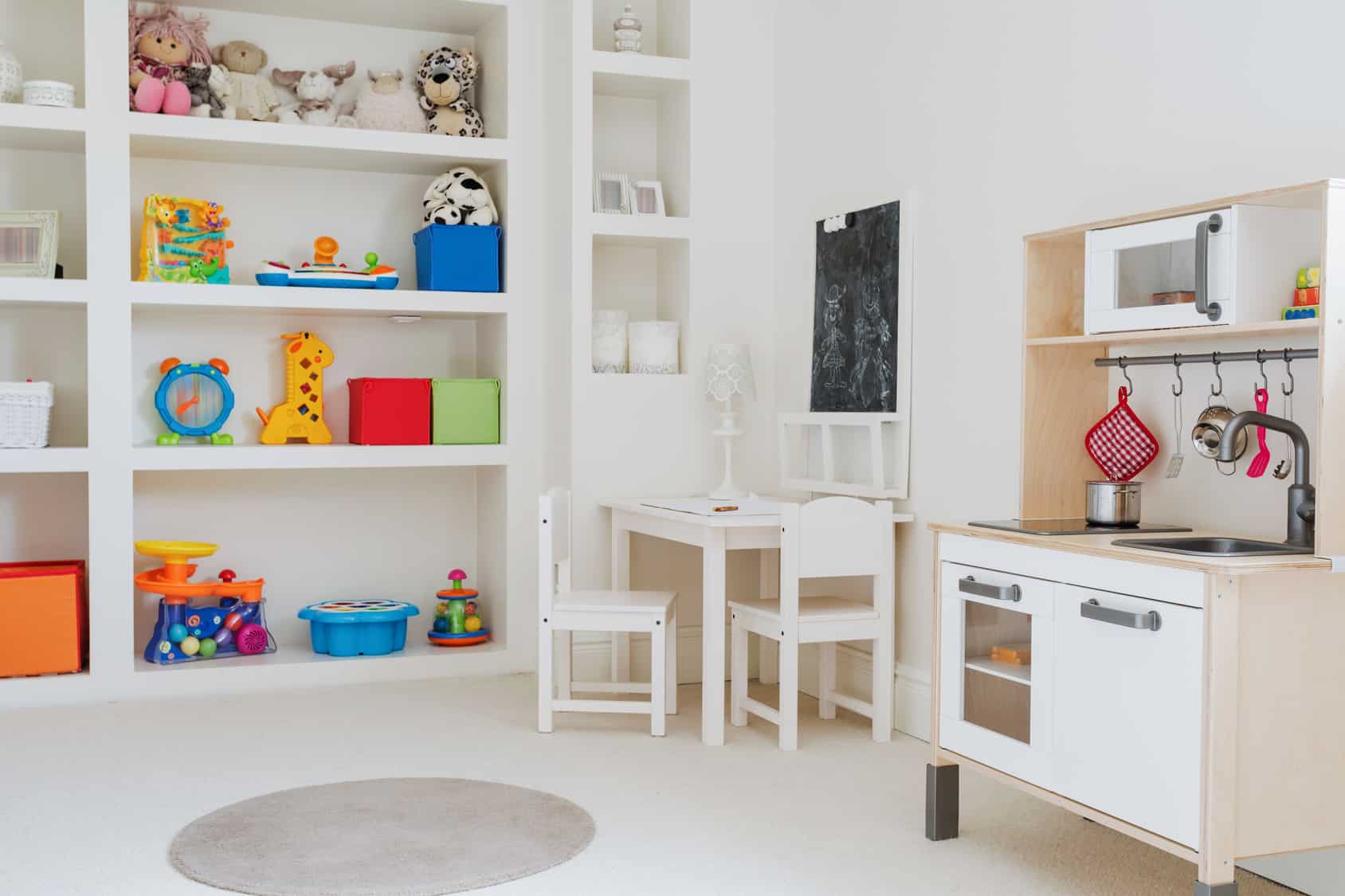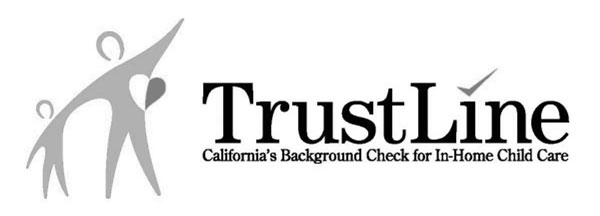Nobody likes to think about going through an emergency or disaster. However, being prepared for one is essential – especially when you have a family to think about. Whether it’s a flood, fire, tornado, earthquake, or other disaster or emergency that requires you and your family to leave your house quickly, it’s key to have a plan in place. It’s also critical that everyone is on the same page, too, and knows exactly what the plan is.
When you onboard a new employee such as a family assistant, nanny, housekeeper, companion, or estate manager, be sure to go over that plan in detail. That way, they are ready to execute it – if and when the time comes.
Wondering what should be included in your family emergency plan?
Step 1:
Ensure all of your home’s carbon monoxide and smoke detectors are working with new batteries. This is an easy home maintenance task that often gets forgotten about or neglected. It is wise to set a reminder to check and test these items monthly or bi-monthly. In addition, make sure to have a fire extinguisher placed in each room and for second or third-story bedrooms, have a fire ladder easily accessible. First aid kits should be available and easy to access on every floor of the home.
Step 2:
Start adding essential items to a box, plastic container, bag, or backpack. This might include an extra phone charger, extra batteries, important medications and printed medication instructions, water bottles, snacks, an additional pair of shoes, socks, or clothing, and copies of important documents. This ‘go bag’ should be organized and stocked well, and ready to grab in the event of an emergency evacuation.
Step 3:
Outline an emergency contact list that includes the names, addresses, and phone numbers of the people that are important to you and that need to be alerted to any emergency. This could include family members, friends, or co-workers, and should also include doctor’s names and office phone numbers. In the event of a natural disaster where phone lines are disrupted or completely down, think about adding some neighbors or others that are easily accessible during an emergency. Place a hard copy in a visible place in your home, such as the fridge, on the office wall, or near an exit door. Also, keep a digital copy saved so you can update any instructions or information easily. Be sure your household employee knows where the list is so they can access it easily.
Step 4:
Start adding essential items to a box, bag, or backpack. This might include an extra phone charger, important medications and printed medication instructions, water bottles, snacks, an extra pair of shoes, socks, or clothing, and copies of important documents. This ‘go bag’ should be organized and stocked well, and ready to grab in the event of an emergency evacuation.
Step 5:
On your electronic devices, be sure you have downloaded any apps or websites that provide access to warning alerts or important messages from public safety officials in your area. Click here to learn about the many system alerts that are available during emergencies or disasters, and confirm you are signed up to get the necessary announcements in case of a disaster.
Step 6:
It’s also important to designate a safe meeting place outside of the home. This might be across the street at a neighbor’s house, a nearby park, or simply out in the front yard. Make sure each member of the family – as well as the staff within the home – knows where this is. This is also a great time to make sure your children and your staff know the address of your home, as well as the major cross streets, so if they are lost or asked to provide that information, they have it memorized.
Emergencies can happen and it’s important to do your research and planning ahead of time so you can stay safe and as stress-free as possible. Ready.gov provides a variety of helpful emergency planning tips and offers customizable resources. Furthermore, Red Cross also offers emergency preparedness information, planning tips, and other publications, including emergency supply kit lists that can be helpful in getting your home and emergency plan in place.







